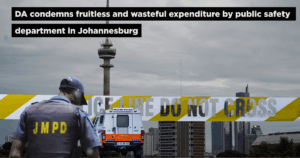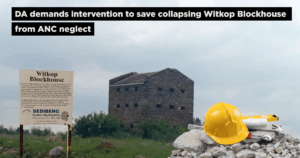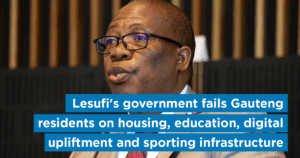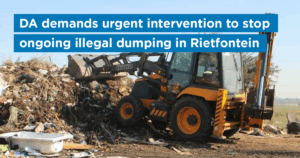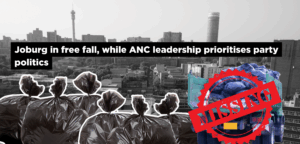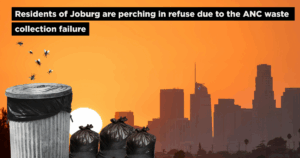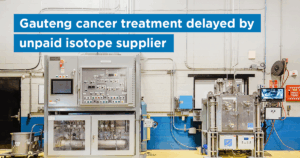The Democratic Alliance notes the year-long postponement of the corruption case against former Gauteng Health MEC Brian Hlongwa, his wife Jolene and five others, who are facing 258 charges that include fraud, corruption, money laundering and racketeering.
This postponement was granted yesterday at the request of the State as they were applying for the extradition of one of the accused – businessman Richard Payne – from an undisclosed country, and also because one of the accused is appealing a racketeering certificate.
It is very disappointing that this case continues to drag out for events that occurred 14 years ago, including the award of a R1.2 billion tender to the Baoki consortium in 2008 to set up a health information system and electronic health record. They were paid more than R400 million before their contract was cancelled a year later with no system installed.
There is strong evidence that Hlongwa received kickbacks from other tenders issued when he was the Health MEC.
The Gauteng Health Department has never recovered from this early example of state capture which diverted money that should have been used to treat patients in our hospitals.
It is said that justice delayed is justice denied. Hlongwa received political protection against corruption charges for years, and state incapacity could drag it out for many more years as well.
What hope is there that recent cases like the PPE corruption and the R850 million fishy Tembisa Hospital payments will ever get to court in good time?
It does not look like there will be justice anytime soon for the 144 mental patients who died in the Life Esidimeni scandal six years ago.
The state simply does not have the resources to speedily prosecute and convict corruption cases. There are all the Zondo commission cases, and more corruption in government departments is revealed all the time.
My view is that success is far more likely by selecting the easiest-to-prove charges in complicated corruption cases, so that implicated people get convicted for at least something.
My fear is that the all-or-nothing approach can end up with nothing.
There are lots of lesser charges that Hlongwa and his colleagues could have faced in court long ago, without the potential for endless stalling tactics.
The cancer of corruption will only be stopped when crooked people are speedily charged and convicted.


